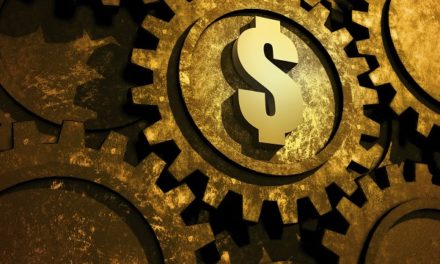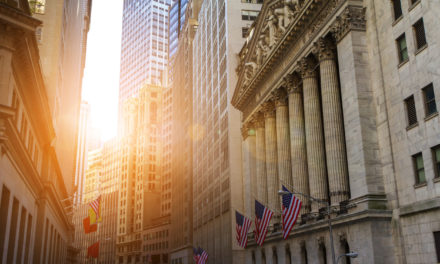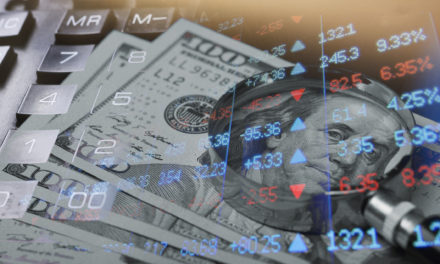
“I buy on the assumption that they could close the market the next day and not reopen it for five years.”
— Warren Buffett
The wisdom of Warren Buffett reflects a value-based philosophy about investing that says investors are buying shares in a business, and encourages strategic thinking about investment time horizon. Before placing a buy order for a stock, a great question we can ask is whether we would still be comfortable making the investment if we couldn’t sell it for many years?
A “buy-and-hold” approach may call for a time horizon that spans a long period of time — maybe even lasting for a five year holding period. Suppose such a “buy-and-hold” investor had looked into buying shares of Equity Residential (NYSE: EQR) back in 2014. Let’s take a look at how such an investment would have worked out for that buy-and-hold investor:
| Start date: | 11/25/2014 |
|
|||
| End date: | 11/22/2019 | ||||
| Start price/share: | $70.04 | ||||
| End price/share: | $84.79 | ||||
| Starting shares: | 142.78 | ||||
| Ending shares: | 194.27 | ||||
| Dividends reinvested/share: | $21.61 | ||||
| Total return: | 64.72% | ||||
| Average annual return: | 10.51% | ||||
| Starting investment: | $10,000.00 | ||||
| Ending investment: | $16,472.90 | ||||
As we can see, the five year investment result worked out quite well, with an annualized rate of return of 10.51%. This would have turned a $10K investment made 5 years ago into $16,472.90 today (as of 11/22/2019). On a total return basis, that’s a result of 64.72% (something to think about: how might EQR shares perform over the next 5 years?). [These numbers were computed with the Dividend Channel DRIP Returns Calculator.]
Always an important consideration with a dividend-paying company is: should we reinvest our dividends?Over the past 5 years, Equity Residential has paid $21.61/share in dividends. For the above analysis, we assume that the investor reinvests dividends into new shares of stock (for the above calculations, the reinvestment is performed using closing price on ex-div date for that dividend).
Based upon the most recent annualized dividend rate of 2.27/share, we calculate that EQR has a current yield of approximately 2.68%. Another interesting datapoint we can examine is ‘yield on cost’ — in other words, we can express the current annualized dividend of 2.27 against the original $70.04/share purchase price. This works out to a yield on cost of 3.83%.
One more piece of investment wisdom to leave you with:
“Searching for companies is like looking for grubs under rocks: if you turn over 10 rocks you’ll likely find one grub; if you turn over 20 rocks you’ll find two.” — Peter Lynch




